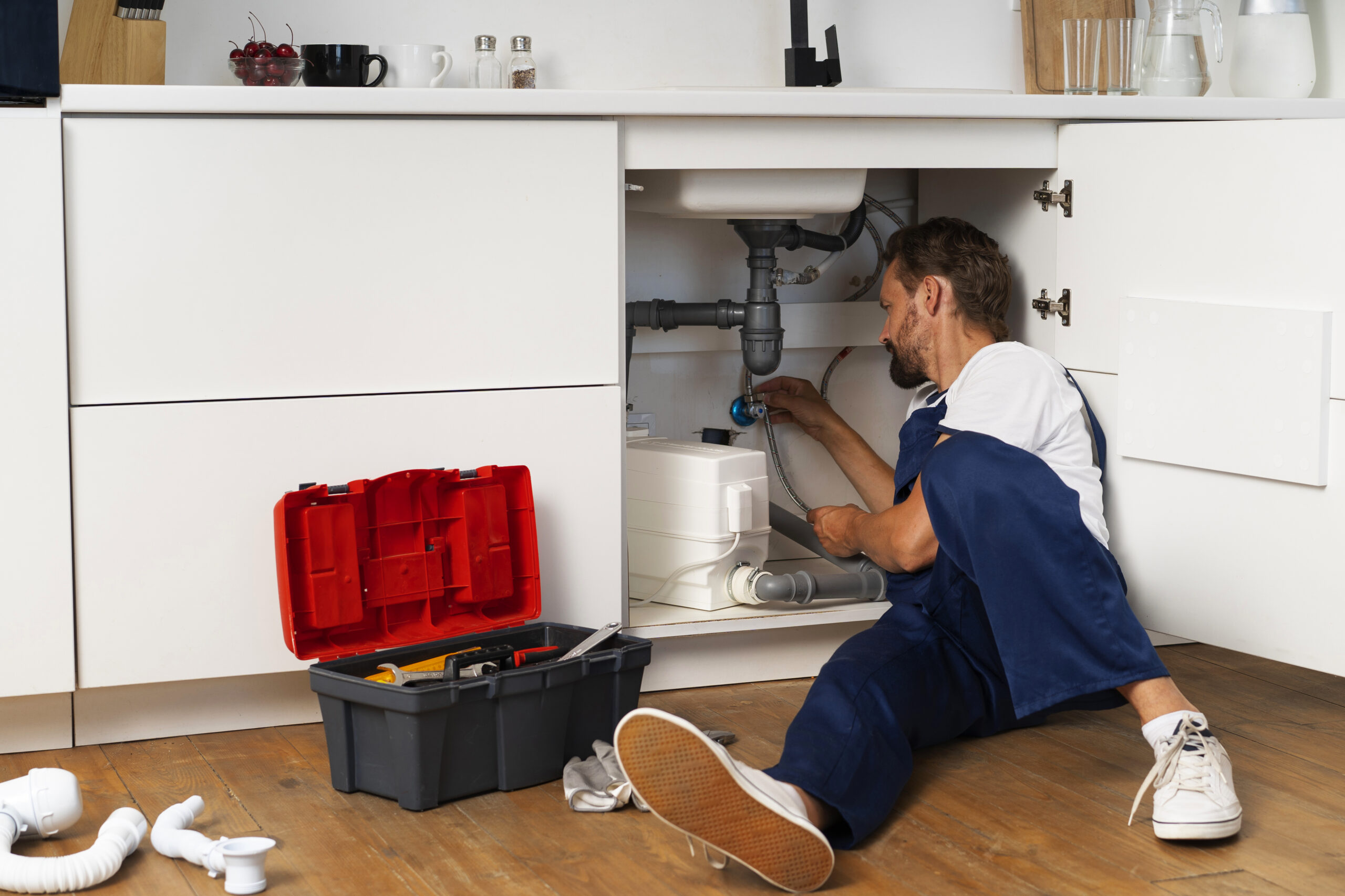Choosing the right water filter for your home involves assessing your specific needs, the quality of your water, and the features of different filters. Here’s a step-by-step guide to help you make an informed decision:
Assess Your Water Quality
Get a Water Test: Have your water tested to determine the presence of contaminants like chlorine, lead, bacteria, hard minerals, or other impurities. You can use a home testing kit or hire a professional to analyze your water.
Understand Your Needs: Based on the test results, identify which contaminants you need to address and how you want to improve your water quality.
Determine Your Filter Type
Different types of water filters are designed to address different contaminants and water needs. Here are common types:
Activated Carbon Filters:
Best For: Removing chlorine, sediment, volatile organic compounds (VOCs), and improving taste and odor.
Types: Pitcher filters, faucet-mounted filters, and under-sink filters.
Reverse Osmosis (RO) Systems:
Best For: Removing a wide range of contaminants including lead, nitrates, and other dissolved solids.
Types: Under-sink systems and whole-house systems.
Water Softeners:
Best For: Removing hard water minerals (calcium and magnesium) that cause scale buildup and water spots.
Types: Salt-based and salt-free systems.
UV (Ultraviolet) Filters:
Best For: Killing bacteria, viruses, and other microorganisms.
Types: Typically used in combination with other filters for comprehensive water treatment.
Ceramic Filters:
Best For: Removing bacteria, sediments, and larger particulates.
Types: Pitchers, countertop filters, and under-sink models.
Distillers:
Best For: Removing a broad range of contaminants including heavy metals, salts, and most microorganisms.
Types: Typically used for producing purified water in smaller quantities.
Evaluate Your Household Needs
Filter Capacity: Consider the size of your household and how much water you use. Larger households or high water usage may require a higher-capacity filter or a whole-house system.
Installation and Maintenance: Determine whether you prefer a filter that’s easy to install and maintain, or if you’re comfortable with more complex systems.
Check for Certifications
Look for Certifications: Ensure the filter has been tested and certified by organizations like NSF International or the Water Quality Association (WQA). This guarantees that the filter meets specific performance standards and effectively removes contaminants.
Consider the Cost
Initial Cost: Compare the purchase price of different filters and systems. Keep in mind that more expensive systems may offer better performance and longer-lasting filtration.
Maintenance Costs: Consider the cost of replacement filters, cartridges, or parts, and factor this into your decision. Some systems have higher ongoing maintenance costs.
Installation Options
DIY vs. Professional Installation: Some filters are easy to install yourself, while others may require professional installation. Determine which option suits your skill level and budget.
Space and Aesthetics
Available Space: Consider the space where the filter will be installed. Under-sink models require cabinet space, while countertop models and pitchers are more flexible in placement.
Aesthetics: Choose a filter that matches your kitchen or bathroom decor if it will be visible.
Read Reviews and Get Recommendations
Customer Reviews: Look for reviews from other users to gauge the performance, reliability, and ease of use of the filter you’re considering.Professional Recommendations: Consult with a plumber or water treatment specialist for personalized advice based on your water quality and household needs.
Summary
To choose the right water filter:
- Test your water quality to identify contaminants.
- Select the filter type that addresses your specific needs.
- Consider household size, installation, and maintenance requirements.
- Check for certifications from reputable organizations.
- Compare costs for initial purchase and ongoing maintenance.
- Evaluate installation options and available space.
- Read reviews and seek professional recommendations.
By carefully evaluating these factors, you can select a water filter that effectively meets your needs and ensures you have clean, safe water in your home.


